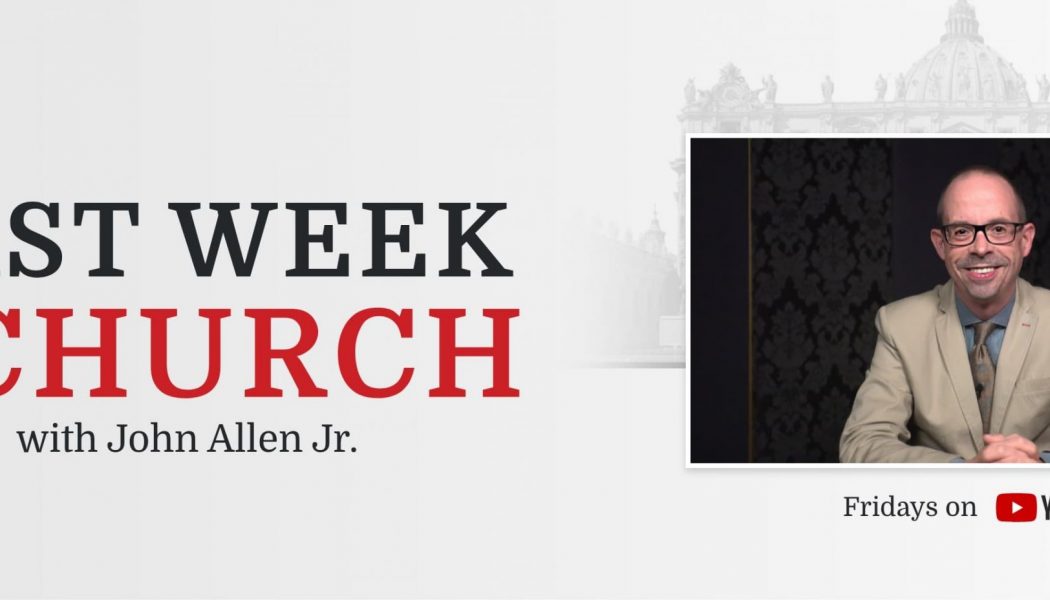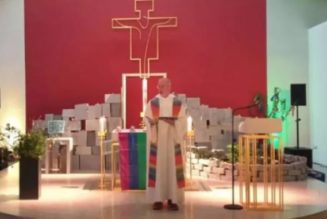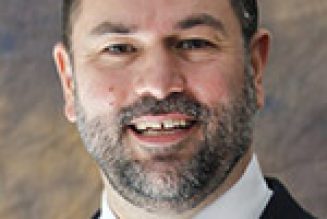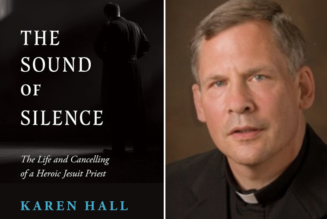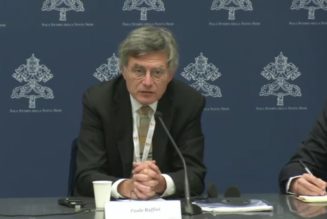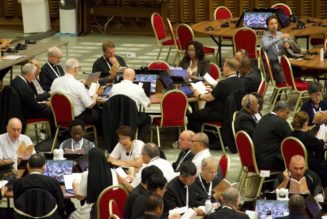ROME – As William Faulkner famously wrote, “The past is never dead. It’s not even past.” It’s actually a very Catholic insight, given that arguably the most sacred phrase of all in Catholic argot is, “Do this in memory of me.” It’s probably fitting that Faulkner made the observation in a novel titled Requiem for a Nun.
In Catholicism, how the past is remembered and constructed is always key to the politics of the present and future. A classic reminder of the point came recently in testimony in a Vatican trial describing fights among middle-school and high-school aged pre-seminarians over the Second Vatican Council, despite the fact that the council closed almost a half-century before any of them were even born.
Three other developments in the last few days illustrate, albeit in different ways, the centrality of memory.
To begin, it’s now just five days before Pope Francis leaves for Iraq in quite possibly the riskiest and most improbable papal trip ever staged. Just to get on the plane, Francis is bucking a global pandemic currently surging in the country he’s visiting, where his own ambassador just tested positive for Covid-19 and is now in isoslation; an unstable security situation, exacerbated in recent days by suicide bombings and rocket attacks; his own struggles with sciatica; and the very real possibility that the trip won’t produce any political or diplomatic gains to justify the hassle.
Despite it all, the pontiff is determined to go, and memory is a large part of the reason why.
At one level, that memory is ancient. Iraq is one of the cradles of the faith, from Abraham to the earliest Christian communities. But it’s also about memory of a more recent vintage, since nowhere on earth have Christians paid a steeper price for the faith over the last decade.
That’s especially true on the Nineveh Plains of northern Iraq, traditionally the heart of Christianity in the country, which was devastated by an ISIS occupation from 2014 to 2017. Scores of Christians were killed, tens of thousands were driven into exile, and entire Christian villages were gutted and destroyed. At the moment Christians are struggling valiantly to rebuild those sites, though many who left have never come back.
It’s not clear how forceful Pope Francis will be in talking about this carnage, since it would be construed as a criticism of the Iraqi government for failing to protect its religious minorities and popes on the road are always loath to embarrass their hosts. Nonetheless, the pope’s mere presence in Iraq – especially his stop in Qaraqosh, one of those Christian villages – is, in context, an act of memory.
Also this week, the Religious Freedom Institute, which began life in 2011 as a project of Georgetown University’s Berkley Center, is hosting a virtual event on Tuesday to mark the 10th anniversary of the assassination of Shahbaz Bhatti in Pakistan.
Bhatti, a Catholic and the lone Christian in Pakistan’s cabinet, was an outspoken critic of his country’s blasphemy laws and an advocate for religious minorities, including Christians. In 2010 he came to the defense of Asia Bibi, an illiterate Catholic farm worker and mother who was sentenced under those blasphemy laws and spent a decade on death row prior to eventually being freed under international pressure.
A cause for Bhatt’s beatification was opened in 2016 as soon as the mandatory five-year waiting period had expired.
Because Bhatti was a high-profile politician with a strong international following, he’s the rare Christian martyr whose death because a global cause célèbre. This week’s commemoration is thus an invitation to memory, not just of Bhatti but all those anonymous victims whose faces we’ll never know and whose voices we’ll never hear, but whose sacrifice is no less real.
Finally, news made the rounds this week that Italian director Marco Bellocchio has been tapped to take over a film project based on the story of Edgardo Mortara after Steven Spielberg pulled out, citing difficulties in finding the right actor to play the lead role.
No disrespect to Bellocchio, a distinguished film veteran who directed a compelling 2003 film on the kidnapping and execution of Italian Prime Minister Aldo Moro in the 1970s, but without Spielberg in the mix, the new movie is unlikely to be a global happening in quite the same way.
Nevertheless, the Mortara story is the stuff of high drama: A six-year-old Jewish boy seized from his family in Bologna in 1858, following testimony from a maid that she’d secretly baptized him during an illness, and in accord with legislation in the Papal States that a Christian child couldn’t be raised in a Jewish home. The boy is raised personally by Pope Pius IX inside the Vatican, and goes on to become a Catholic priest.
Uproar over the Mortara affair was massive in the 19th century, with some historians arguing that popular anger at Pius IX accelerated the collapse of the Papal States and the unification of Italy. To this day, the Mortara case remains a sore point in Catholic/Jewish relations, especially in Italy where the memory is most acute.
Regardless of how one construes the rights and wrongs, the memory of the Mortara affair is a reminder that we haven’t always been in the same place we are today, when a pope can travel across Rome and visit the home of an elderly Jewish Holocaust survivor and poet, like Francis did last week, and be perceived as a sympathetic friend.
In other words, the burden of memory isn’t just to keep alive the chapters of the past that edify and inspire; it’s also to remember the darker and more ambivalent moments. If this week accomplished nothing else, it provided an object lesson in doing both.
Follow John Allen on Twitter at @JohnLAllenJr.
Join Our Telegram Group : Salvation & Prosperity
